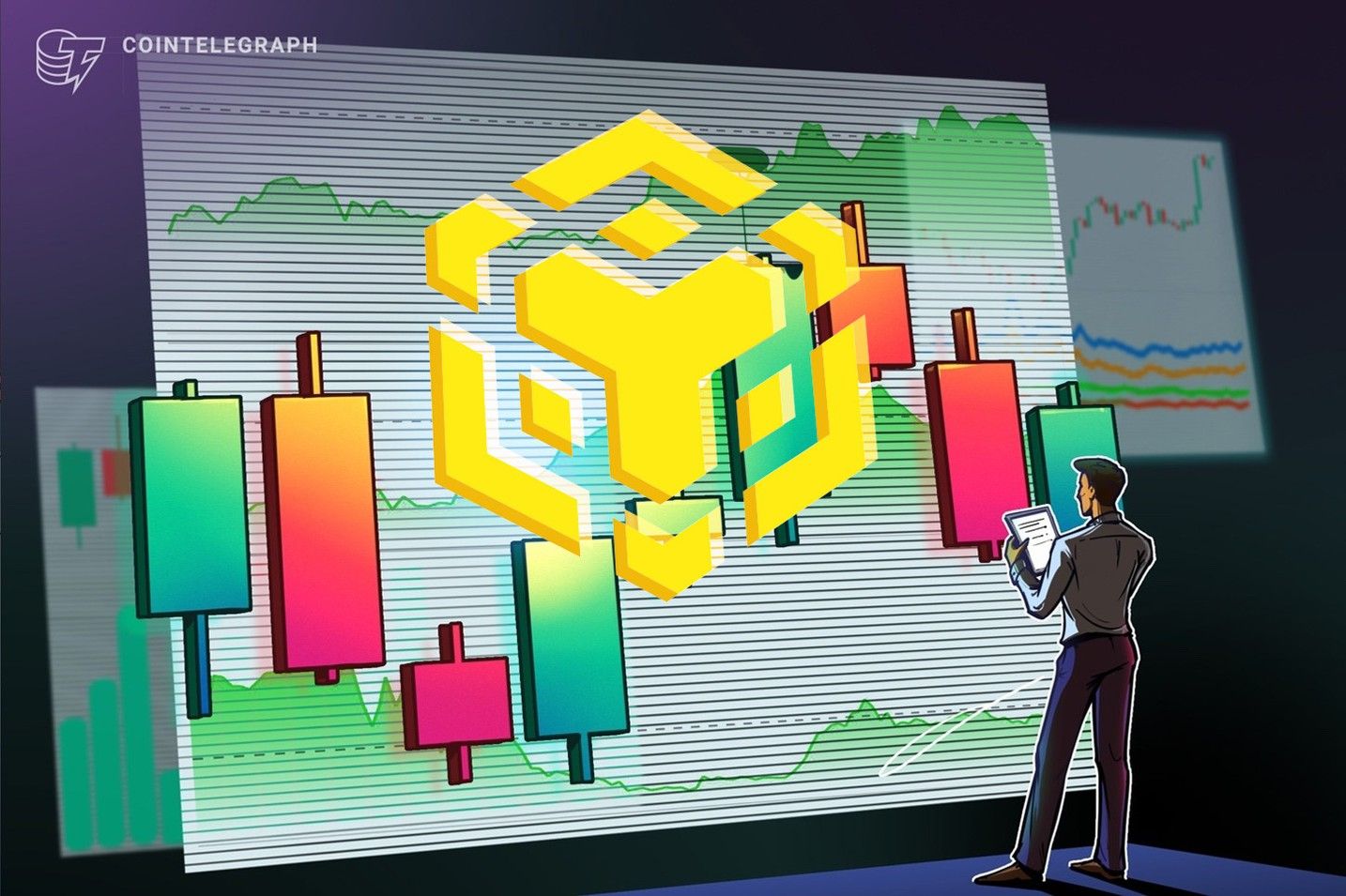Japan's Crypto Overhaul Aims to Fuel a Digital Economic Renaissance
- Japan plans to reclassify major cryptocurrencies under securities law, reducing capital gains tax from 55% to 20% to align with traditional assets. - The Financial Services Agency (FSA) aims to strengthen oversight by expanding authority to wallet providers, imposing stricter KYC rules, and restricting stablecoin issuance to licensed banks. - Regulatory reforms include introducing yen-backed stablecoins (JPYC) and promoting crypto ETFs as part of Japan’s strategy to position itself as a global digital fi
Japan is considering integrating cryptocurrency oversight into its existing securities law framework, a move that has sparked debate among regulators and industry stakeholders. The Financial Services Agency (FSA) is exploring amendments that could shift the classification of well-known crypto assets like Bitcoin and Ethereum from the Payment Services Act (PSA) to the Financial Instruments and Exchange Act (FIEA). This reclassification is expected to significantly impact taxation, reducing the current 55% tax on crypto gains to 20%, aligning it with the tax rate for stocks and bonds [3].
The proposed changes are part of a broader strategy aimed at modernizing Japan’s regulatory approach to cryptocurrencies and fostering innovation in the Web 3.0 space. Katayama Satsuki, a member of the House of Councillors and chair of the budget committee from the Liberal Democratic Party, has emphasized the importance of this reform, noting that it is a key component of Japan’s “New Capitalism” policy [3]. The reform is expected to take effect within one to two years, although delays are anticipated due to political negotiations and the ruling coalition’s current minority status in both houses of parliament [3].
The FSA’s efforts to refine the regulatory landscape extend beyond taxation. In 2022, the agency proposed new legislation to limit stablecoin issuance to licensed banks and wire transfer companies, a move intended to strengthen consumer protection and mitigate money laundering risks [1]. This aligns with similar initiatives in the U.S., where the President’s Working Group on Financial Markets suggested treating stablecoin issuers like banks in late 2021 [1]. The FSA’s approach has also included expanding its authority over intermediaries such as wallet providers and implementing stricter know-your-customer (KYC) safeguards [1].
Japan’s regulatory evolution has also seen the introduction of yen-denominated stablecoins. JPYC, a stablecoin backed by deposits and government bonds, is awaiting regulatory approval and is expected to expand into payments for NFTs and other real-world assets [2]. The FSA’s approval of JPYC would mark a significant step in integrating stablecoins into the country’s financial ecosystem. Meanwhile, the government is exploring the potential of cryptocurrency ETFs and stablecoins as part of its broader strategy to position Japan as a global hub for digital finance [3].
Despite these advancements, challenges remain. The high-profile thefts at exchanges like Coincheck have underscored the need for robust cybersecurity and anti-money laundering (AML) measures [1]. The FSA has responded by tightening regulations on exchanges, requiring them to register with the agency and comply with stringent compliance standards [1]. These measures reflect a growing emphasis on market integrity and investor protection.
The proposed tax reform and regulatory updates are expected to have far-reaching implications for Japan’s crypto sector. With the current domestic trading volume growing at a slower pace compared to global trends, the government sees emerging technologies like crypto and Web 3 as critical to revitalizing the economy [3]. Prime Minister Shigeru Ishiba has highlighted the role of digital innovation in addressing Japan’s demographic and economic challenges, particularly in light of declining birth rates and population concentration in Tokyo [3]. The government aims to leverage Web 3 technologies to enhance industrial competitiveness and drive social transformation [3].
While the timeline for implementation remains uncertain, the urgency of the reform suggests that specific proposals could be tabled by the end of 2024, with legislative actions possibly beginning in early 2026 [3]. Key figures pushing the reform include members of the Liberal Democratic Party’s Web 3 project team and industry leaders from the Japan Cryptocurrency Business Association [3]. As Japan navigates the complexities of regulatory reform and political dynamics, the outcome of these efforts will be closely watched by global markets and investors.
Source:
Disclaimer: The content of this article solely reflects the author's opinion and does not represent the platform in any capacity. This article is not intended to serve as a reference for making investment decisions.
You may also like
Ethereum treasury demand collapses: Will it delay ETH’s recovery to $4K?

Can BNB price retake $1K in December?

Bitcoin’s strongest trading day since May cues possible rally to $107K

XRP faces ‘now or never’ moment as traders eye rally to $2.50
